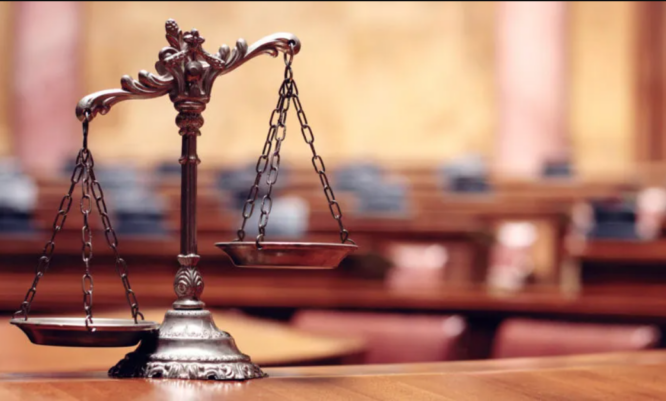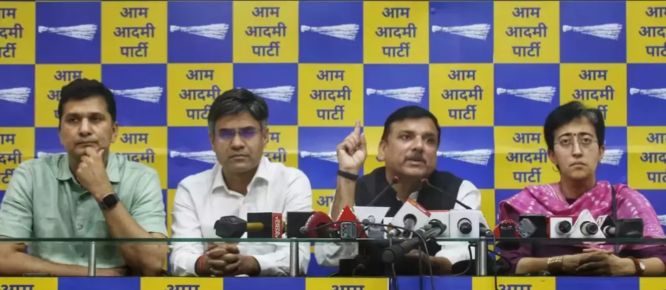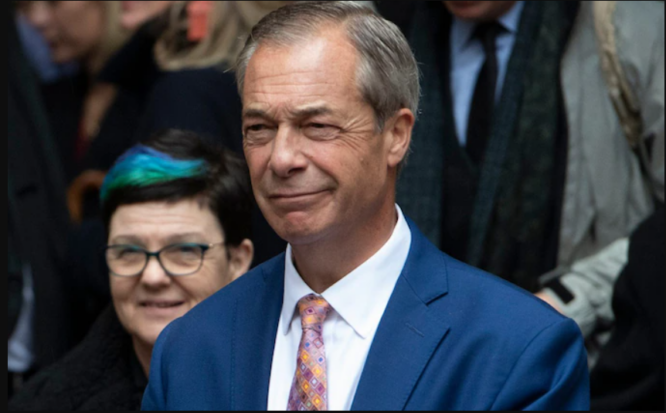CM Nitish Kumar will meet with national regional opposition parties in Patna on June 12. Nitish Kumar has invited regional and Congress parties to combine for the 2024 Lok Sabha elections. The Congress will join this opposition unity group, according to Jairam Ramesh.
Rahul Gandhi and Congress President Mallikarjun Kharge may attend. Regional social justice parties, who are influential in their states and have long advocated an increase in the reservation, a caste census, etc., are anticipated to attend this summit.
This gathering will likely discuss these concerns again after the Congress’s recent victory in Karnataka on the basis of its commitment to social justice. The Congress’s success in Karnataka shows that these issues will impact the national election. will fight.
The state Congress garnered 43% of the vote, its highest since the 1989 assembly elections. BJP dropped 0.2% of the vote from 2018 to 2019, hence Karnataka’s win cost BJP, but its Most Backward Caste vote bank remains with it, making the Loksabha 2024 election tough for Congress without regional parties.

Caste disparity is a fact of Indian society and must be recognized in policy discussions.
Congress and regional parties should also encourage the most backward castes to vote so they can trust the opposition and use local concerns to win elections. Karnataka voters defeated the BJP and gave Congress a clear mandate for social justice politics.
Rahul Gandhi’s Kolar vow, “JitniAabadi, Utna Haq,” must be kept till the polls. Congress should address Nitish Kumar’s Ekta Dal meeting subjects if it wants to win elections. For years, numerous opposition parties, including Congress, TMC, NCP, RJD, and Shiv Sena, have accused the federal government of abusing the ED, CBI, and other investigative agencies.
Regional parties will use these problems to challenge the BJP nationwide. Rahul Gandhi pushed for social justice in Karnataka to rebrand the party. The Congress Party established the basis for this project during its 85th session in Raipur, Chhattisgarh. It was suggested that the Congress will adopt a new image.
The matter gained notice after a Surat court declared Rahul Gandhi guilty of disparaging OBCs and disqualified him from the Lok Sabha for his “Modi surname” statement. Rahul Gandhi urges caste census and equitable reservation.

An identity group should earn promotions proportionate to their population share.
It suggests identity groups should receive promotions commensurate to their demographic share. The significant caste gap in professional achievement is not random. Caste is the most statistically important determinant in Indian professional achievement.
After 30 years of Mandal Commission implementation, the caste census is reviving national politics’ social justice debate. Nitish Kumar, Bihar’s CM, leads. Twelve state chief ministers want a caste-based census. In its interim judgment on May 4, the Patna High Court stopped the caste-based census in Bihar.
Why are caste disparity and caste census rarely discussed in policy debate while they are still a part of Indian society? Why is the government afraid about counting the rest of the castes when it has been calculating Scheduled Castes and Scheduled Tribes since 1931? OBCs are not homogenous, and politics is not controlled by them.
OBC castes including Nishad, Bind, Mallah, Kewat, Kashyap, Bhar, Dhivar, Batham, Machua, Prajapati, Rajbhar, Kahar, Pottar, Dhimar, Manjhi, Barai, Lohar, and others have long suffered societal injustice. This is why these castes started voting for the BJP for representation; if they are well represented, they will switch to opposition parties.
L. R. Naik felt the OBCs had an agricultural class and an artisan class that made a living from handicrafts, crafts, and gardening. After globalization in the 1990s, markets and technology eliminated their livelihood alternatives, rendering them poorer than Dalit castes.
These classes need special economic and educational possibilities. The Mandal Commission findings benefited agricultural classes but not craftsmen and horticulturists. Thus, to enable opposition parties to serve the most disadvantaged castes, national requirements must be identified.
Congress and other regional parties should first comprehend the OBC situation and propose proportional representation for most backward castes and the caste census before commencing the neo-social justice agenda.
Rahul Gandhi highlighted social justice for OBCs in the Karnataka elections, but Congress and regional parties failed to understand what most backward castes, the BJP’s primary support base, needed in 2023. Congress may dominate the upcoming Lok Sabha election if regional parties and Congress consider proportional representation of these most backward castes and caste census.




